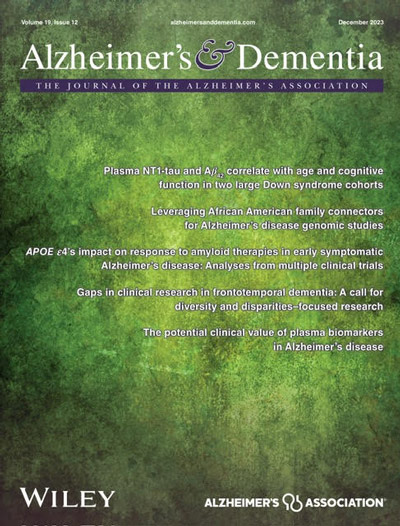摘要
引言 责任医疗组织 (ACO) 具有促进护理协调的优势。然而,关于 ACO 对贫困社区阿尔茨海默病及相关痴呆症(ADRD)患者的医疗保险支付影响的有力证据仍然有限。 方法 我们使用 2016 年至 2020 年的纵向数据集,研究了 ACO 注册对新诊断为 ADRD 患者的医疗保险支付的影响,重点关注邻里社会弱势指数(SVI)及其子类别。应用了多变量广义估计方程 (GEE) 模型。 结果 在所有 SVI 子类别中,ACO 的加入与总支出的大幅减少有关。居住在少数种族和少数民族比例较高社区的 ADRD 患者节省的费用最高。结果还显示,质量较高的 ACO 与较低的总费用相关。 讨论 对于居住在社会弱势社区的 ADRD 患者,尤其是居住在少数民族人口比例较高地区的 ADRD 患者而言,ACO 在节约医疗成本方面具有巨大潜力。 亮点 责任医疗组织(ACOs)减少了医疗保险对阿尔茨海默氏症及相关痴呆症的支付,降低了各社区的不利程度。 不同的社会脆弱性指标所降低的费用也不同。 少数种族/族裔比例高的居民节省的费用最高。 在质量最高的 ACO 中,成本节约幅度最大。

INTRODUCTION
Accountable care organizations (ACOs) are well positioned to promote care coordination. However, robust evidence of ACOs’ impact on Medicare payments for residents with Alzheimer's disease and related dementias (ADRD) in disadvantaged neighborhoods remains limited.
METHODS
Using a 2016 to 2020 longitudinal dataset, we examined the effects of ACO enrollment on Medicare payments for people newly diagnosed with ADRD, focusing on the neighborhood Social Vulnerability Index (SVI) and its subcategories. Multivariable generalized estimating equation (GEE) models were applied.
RESULTS
ACO enrollment was associated with significantly reduced total payments across all SVI subcategories. The highest cost savings were observed among ADRD patients living in neighborhoods with high proportions of racial and ethnic minorities. Results also showed that higher quality ACOs were associated with lower total payments.
DISCUSSION
ACOs have a great potential to save health-care costs for beneficiaries with ADRD living in socially vulnerable neighborhoods, particularly for those residing in areas with higher proportions of racial and ethnic minority populations.
Highlights
- Accountable care organizations (ACOs) reduced Medicare payments for Alzheimer's disease and related dementias across neighborhood disadvantage levels.
- The cost reductions varied by specific indicators of social vulnerability.
- Highest cost savings were found among residents living with high proportion of racial/ethnic minorities.
- Cost savings were the greatest among the highest quality ACOs.

 求助内容:
求助内容: 应助结果提醒方式:
应助结果提醒方式:


